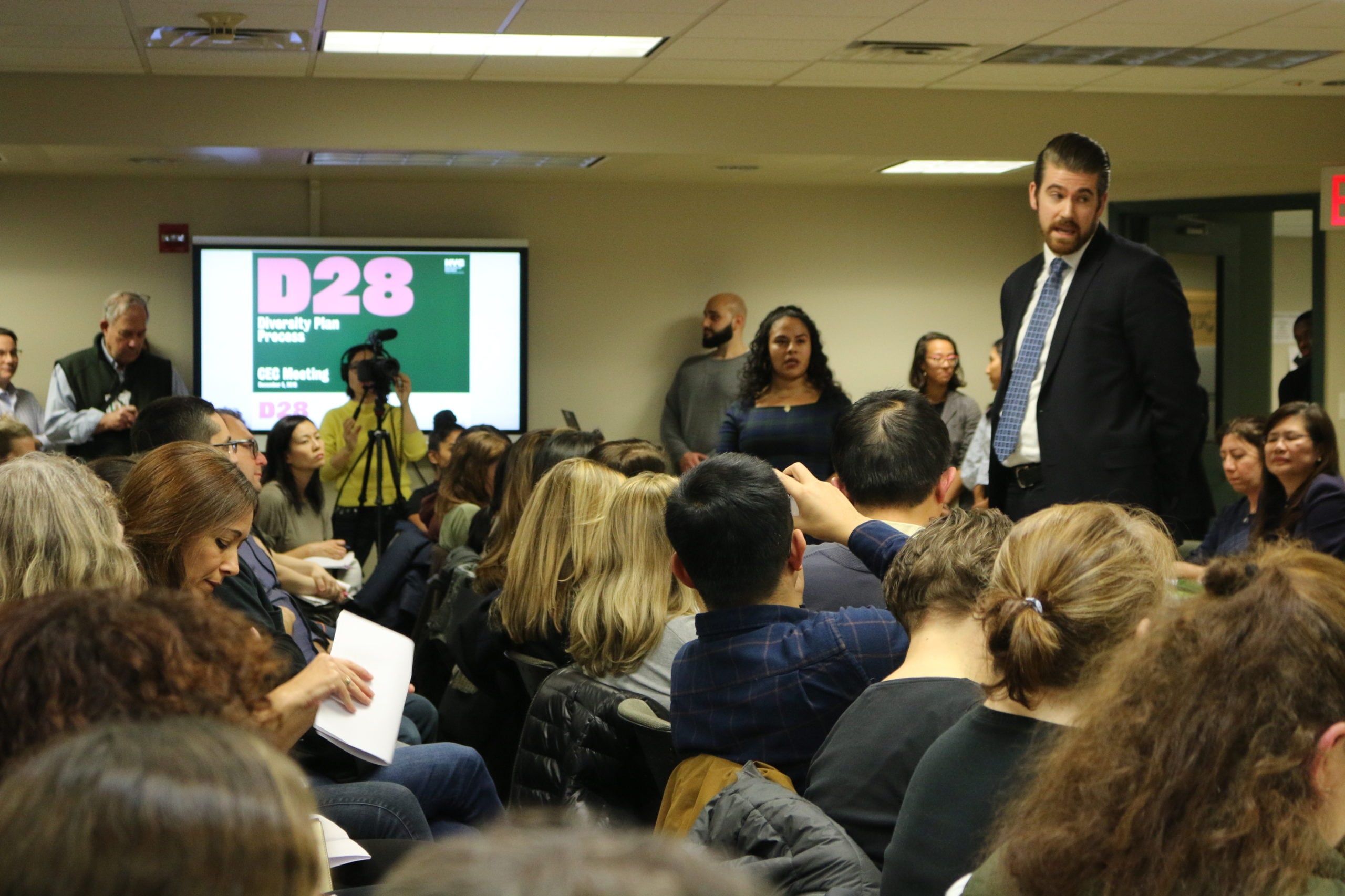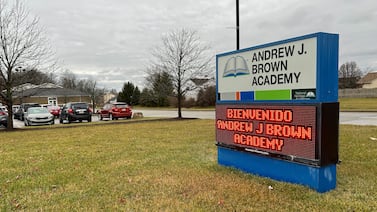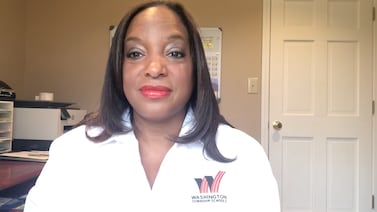Sign up for Chalkbeat New York’s free daily newsletter to keep up with NYC’s public schools.
Candidates endorsed by a polarizing group that advocates for screened school admissions won the majority of seats on about half a dozen parent councils this year, according to election results released Friday by the New York City education department.
Parent Leaders for Accelerated Curriculum and Education, or PLACE, endorsed 147 candidates across the city for local district council seats, with 115 of them winning their races. The group’s preferred candidates will make up nearly 40% of the Community Education Council members across the five boroughs, according to a Chalkbeat analysis.
Established in 2019, PLACE supports the status quo when it comes to academic screening policies that have resulted in one of the nation’s most segregated school systems. That includes keeping the Specialized High School Admissions Test, or SHSAT, and expanding gifted and talented programs. The group generally opposes lottery-based admissions and paring back screened admissions to the city’s middle and high schools.
The Community Education Councils, or CECs, have the power to approve or reject school rezoning plans, pass resolutions about various school-related issues, and work with district superintendents. The 32 councils, which each have 10 elected members and two appointed by the local borough president, hold monthly public meetings.
There are also citywide councils for high school students, English learners, students with disabilities, and those enrolled in the city’s District 75 programs, which serve children with the most challenging disabilities.
This was the second CEC election where voting was open to parents citywide. To many watching races across the city, this year’s elections seemed more divisive than ever, with some candidates localizing culture wars playing out across the nation. CEC 2 winner Maud Maron, who co-founded PLACE and was previously on the District 2 parent council, told THE CITY, “Land acknowledgements don’t teach anybody more math,” referring to lessons about Indigenous people who inhabited land before European colonialism.
With her victory Friday, Maron will again sit on a CEC that represents one of the most affluent swaths of Manhattan.
Some of PLACE’s ideas have found favor with schools Chancellor David Banks, such as expanding gifted and talented seats. The organization had Banks’ ear at the very start of his tenure, appearing on his schedule last March.
Some education advocates have grown concerned about PLACE’s influence, pointing to the views of some of their members, including comparing critical race theory, an academic framework about systemic racism, to Nazi ideology, as reported by THE CITY. Several candidates endorsed by the group backed away from that support during the election season.
PLACE wasn’t alone in endorsing candidates. A group called Parents for Middle School Equity, based in Brooklyn’s District 15 (which includes Park Slope, Carroll Gardens, Red Hook, and part of Sunset Park), appears to be ideologically opposed to PLACE. The group’s interest is in preserving the district’s middle school integration plan. But its influence fell far below PLACE’s: Less than a quarter of its endorsed candidates won seats across the city, a Chalkbeat analysis found.
A few districts appeared to be PLACE strongholds: Every person elected to the CEC in Brooklyn’s District 20, which spans Bay Ridge, Dyker Heights, Borough Park, and part of Sunset Park, was endorsed by PLACE. All of the group’s preferred candidates also won seats on the CECs representing two large Queens districts — nine people in District 26 (which covers northeast Queens, including Bayside) and seven in District 28, where a controversial push to integrate its middle schools from Forest Hills to Jamaica was derailed by the pandemic.
Still, the Equity group’s preferred candidates outnumbered PLACE’s endorsed candidates in a handful of districts, including East Harlem’s District 4, Harlem’s District 5, Williamsburg’s District 14, and District 15.
Correction: This story has been updated to reflect that District 26 includes northeast Queens, including Bayside.
Amy Zimmer is the bureau chief for Chalkbeat New York. Contact Amy at azimmer@chalkbeat.org.
Reema Amin is a reporter covering New York City public schools. Contact Reema at ramin@chalkbeat.org.








